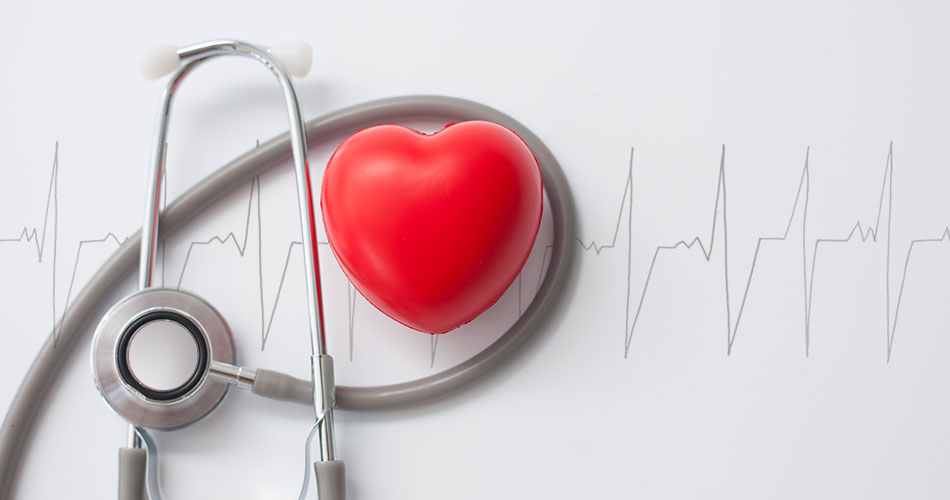
Hypertension or high blood pressure is a chronic disease characterized by high blood pressure levels in the arteries. Usually, it happens when the values of the maximum and minimum pressures are equal to or exceed the normality values (equal to or greater than 14 by 9). High blood pressure causes the heart to exert a greater effort than normal to cause blood to be properly distributed throughout our body. It is considered one of the main risk factors for the occurrence of stroke, heart attack, arterial aneurysm and renal and cardiac failure.
According to data from the Brazilian Society of Hypertension (SBH), currently, 33% of Brazilians suffer from the disease. Hypertension deserves caution, as the disease can lead to other serious consequences. It is estimated that the disease reaches around 50% to after 60 years and is present in 5% of children and adolescents in Brazil. Being responsible for 40% of infarctions, 80% of strokes and 25% of cases of end-stage renal failure.
The problem can be inherited from parents in 90% of cases, but there are several factors that influence blood pressure levels, such as the lifestyle habits of the individual, among these risk factors we have:
* Smoke;
* Consumption of alcoholic beverages;
* Obesity;
* Stress;
* High salt intake;
* High cholesterol levels;
* Lack of physical activity.In addition to these risk factors, it is known that the incidence of high blood pressure is higher in diabetics, and increases with age.
A healthy lifestyle influences a lot here. Giving a stop to sedentary lifestyle, especially by using aerobic activities, such as running and swimming, induces the release of nitric oxide, vasodilator substance. With the arteries relaxed, the tendency is for pressure to remain lower. The pressure varies throughout the day. In a person lying down, she gets lower. When we move, the values go up, because the brain warns that the body needs more energy.
In most individuals, hypertension does not cause symptoms, despite the coincidence of the appearance of certain symptoms that many mistakenly consider associated with the disease, such as headaches, nosebleeds, dizziness, facial flushing and tiredness. When an individual has severe or prolonged and untreated hypertension, and the symptoms below arise, it will probably already be in the more advanced stage. The ideal, therefore, is to detect it with tests.
* Headache
* Shortness of breath
* Blurred vision
* Ringing in the ear
* Dizziness
* Chest pains
Essential hypertension has no cure, but should be treated to prevent complications. Unless there is an obvious need for immediate medication use, as in the case of patients with blood pressure levels above 180/110 mmHg, most patients should have the opportunity to reduce their blood pressure through non-pharmacological treatment, through general reeducation measures, also known as lifestyle modifications.
Measuring pressure regularly is the only way to diagnose hypertension. People over 20 years of age should measure pressure at least once a year. If there are cases of people with high blood pressure in the family, one should measure at least twice a year. In addition to the medicines currently available, it is essential to adopt a healthy lifestyle:
* Maintain proper weight, if necessary, changing eating habits;
* Do not abuse salt, using other seasonings that highlight the taste of food;
* Practice regular physical activity;
* Enjoy moments of leisure;
* Give up smoking;
* Moderate alcohol consumption;
* Avoid fatty foods;
* Control diabetes.
Follow your doctor's instructions, they will contribute to blood pressure control and decreased risks of cardiovascular disease!